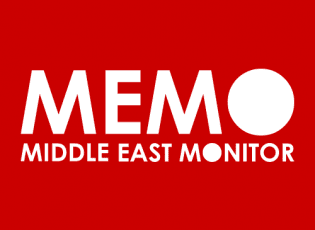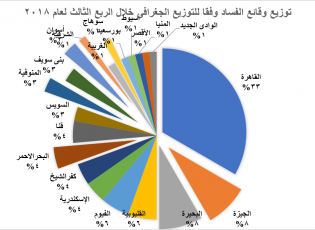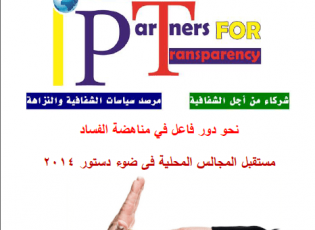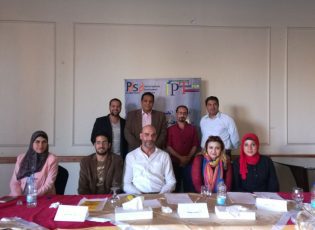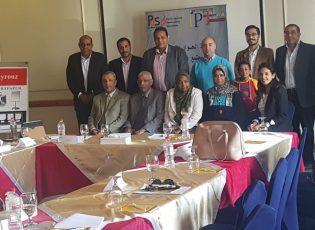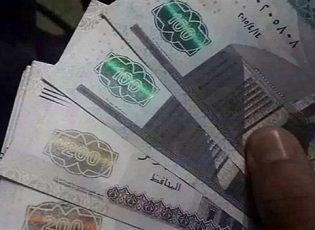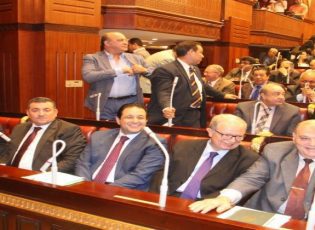Delegation
A number of jurists asserted that the restrictions that civil societies have suffered from the past four years have had a negative impact on their playing a strong role in facing economic crises, because they are almost paralyzed due to the restrictions imposed on them and on the funding they receive from abroad, explaining that the NGOs that operate on the ground It is limited to the major ones, but most other societies have become non-existent on the ground, and operate in a limited manner that does not meet the requirements of the current stage, demanding the speedy promulgation of the law, and that it include the availability of civil work, in order to play its role in being a link between the government and citizens It conveys the suffering of low-income people.
Because of the importance of civil societies, the 2014 constitution has singled out an article of their own, which is Article 75 which states:
“Citizens have the right to form associations and civil institutions on a democratic basis, and they have legal personality upon notification, and they exercise their activities freely. Administrative authorities may not interfere in their affairs, dissolve them, or dissolve their boards of directors or their boards of trustees except by a judicial ruling. Its system or activity is secret or of a military or quasi-military character, and all of this is in the manner organized by law. ”
For his part, Hafez Abu Sada, a member of the National Council for Human Rights, explained that NGOs are almost inactive due to the restrictions imposed on them recently, indicating that the current law paralyzes their movement and prevents them from fulfilling their role.
And «Abu Saadah», that the civil associations would have played a major role this period, by limiting the rumors released through social media, and clarifying the facts to the citizens.
Abu Saada pointed out that the state works in isolation from society, and makes decisions without studying the conditions Egyptians suffer from, stating that the presence of a strong civil society would have worked to convey the suffering of citizens and the policies that are required to be implemented during this period.
Abu Saida stated that the civil associations that work effectively are limited to the largest ones, but most of the other associations do not exist on the ground and operate in a limited manner that does not meet the requirements of the current stage.
In a related context, Walaa Gad, President of Partners for Transparency, affirmed that the restrictions that civil work suffered during the past four years had an impact on their playing a strong role in facing economic crises, explaining that civil work associations are entrusted with completing the vacuum between the state and the citizen.
Gad stated that the NGOs are entrusted with playing a major role in the economic crisis that Egypt is going through, supporting citizens and providing them with support and services, and compensating for the deficient role that the government does not play.
Gad pointed out that the distortion that societies have suffered during the past period has affected the culture of donation among citizens, as well as the restrictions imposed on funding that associations are unable to provide, and to extend a helping hand to low-income people.
Gad stated that the solution is to pass a law for civil societies that does not place restrictions on civil work and is consistent with the freedoms stipulated in the constitution, indicating that the discussion about the role of civil society organizations in promoting development in Egypt has become a fundamental matter, and these organizations, including NGOs One of the most important pillars on which the Egyptian state is betting on achieving this development because of its communication with various groups of society.
"Gad" stressed that there must be support for civil societies from the state, as the active organizations from them work to support the state and complement its role in the advancement of society.


